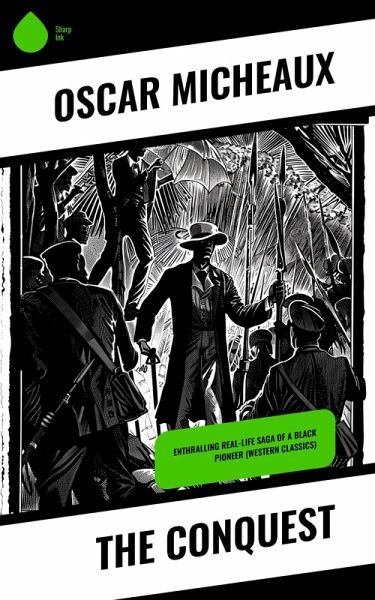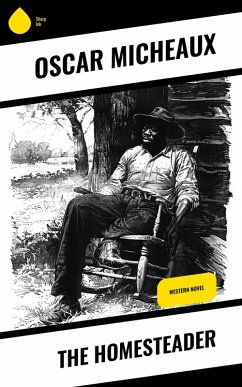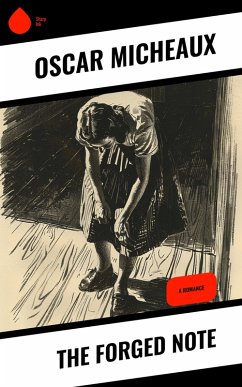
The Conquest (eBook, ePUB)
Enthralling Real-Life Saga of a Black Pioneer (Western Classics)

PAYBACK Punkte
1 °P sammeln!
Oscar Micheaux's "The Conquest" is a seminal work that delves into the complexities of race, identity, and the African American experience in the early 20th century. Written in a straightforward yet evocative literary style, Micheaux explores the life of an ambitious young black man who strives for success amidst the societal challenges posed by Jim Crow America. The narrative is punctuated by moments of both despair and resilience, reflecting the dual realities of aspiration and harsh racial discrimination, which resonate deeply within the broader context of early African American literature....
Oscar Micheaux's "The Conquest" is a seminal work that delves into the complexities of race, identity, and the African American experience in the early 20th century. Written in a straightforward yet evocative literary style, Micheaux explores the life of an ambitious young black man who strives for success amidst the societal challenges posed by Jim Crow America. The narrative is punctuated by moments of both despair and resilience, reflecting the dual realities of aspiration and harsh racial discrimination, which resonate deeply within the broader context of early African American literature. As a pioneering African American filmmaker and novelist, Micheaux's cultural and personal experiences profoundly shaped his storytelling. Born in 1884 to formerly enslaved parents, his relentless pursuit of success against systemic adversity provides an authentic backdrop for his characters' struggles and triumphs. Micheaux's desire to portray the nuanced lives of African Americans not only challenged prevailing racial stereotypes but also served to inspire future generations of black creators and thinkers. I highly recommend "The Conquest" to readers interested in understanding the foundations of African American literature and the cultural narratives that shaped the early 20th century. This powerful text invites readers to engage with complex social themes and offers a portrait of resilience that remains relevant today.
Dieser Download kann aus rechtlichen Gründen nur mit Rechnungsadresse in A, B, BG, CY, CZ, D, DK, EW, FIN, F, GR, HR, H, IRL, I, LT, L, LR, M, NL, PL, P, R, S, SLO, SK ausgeliefert werden.













